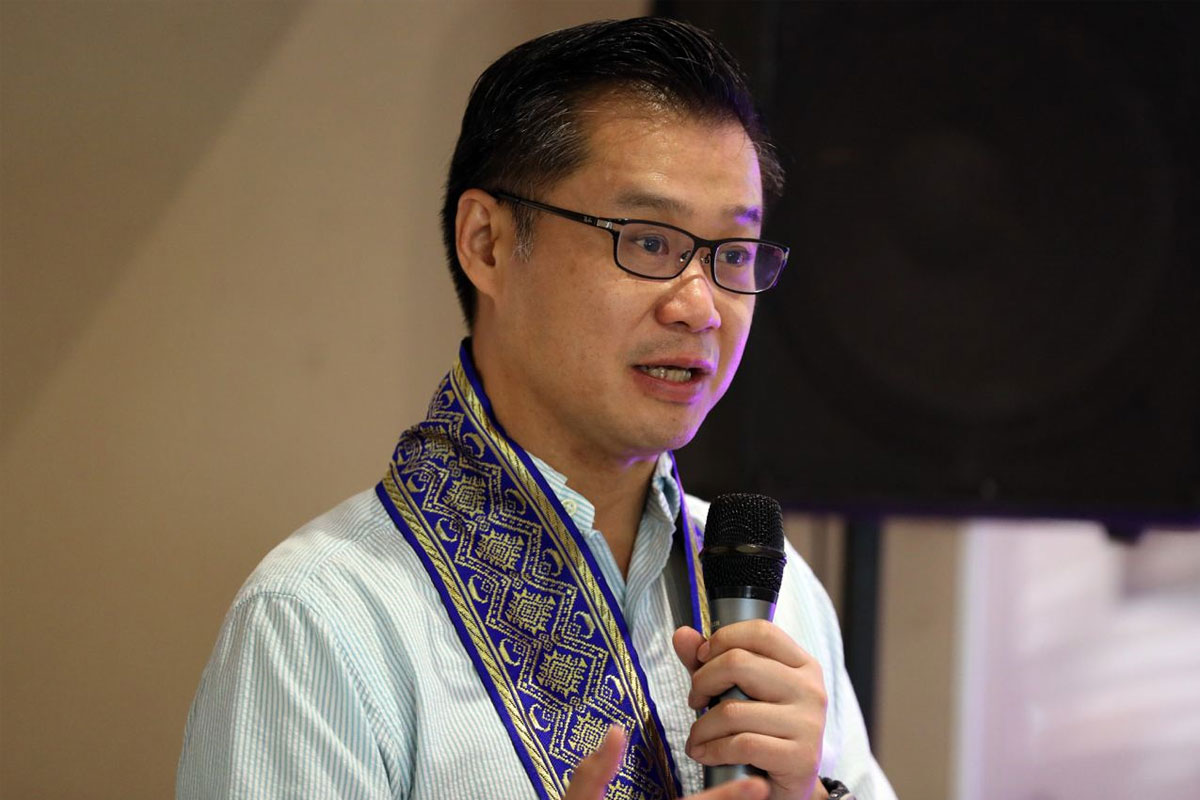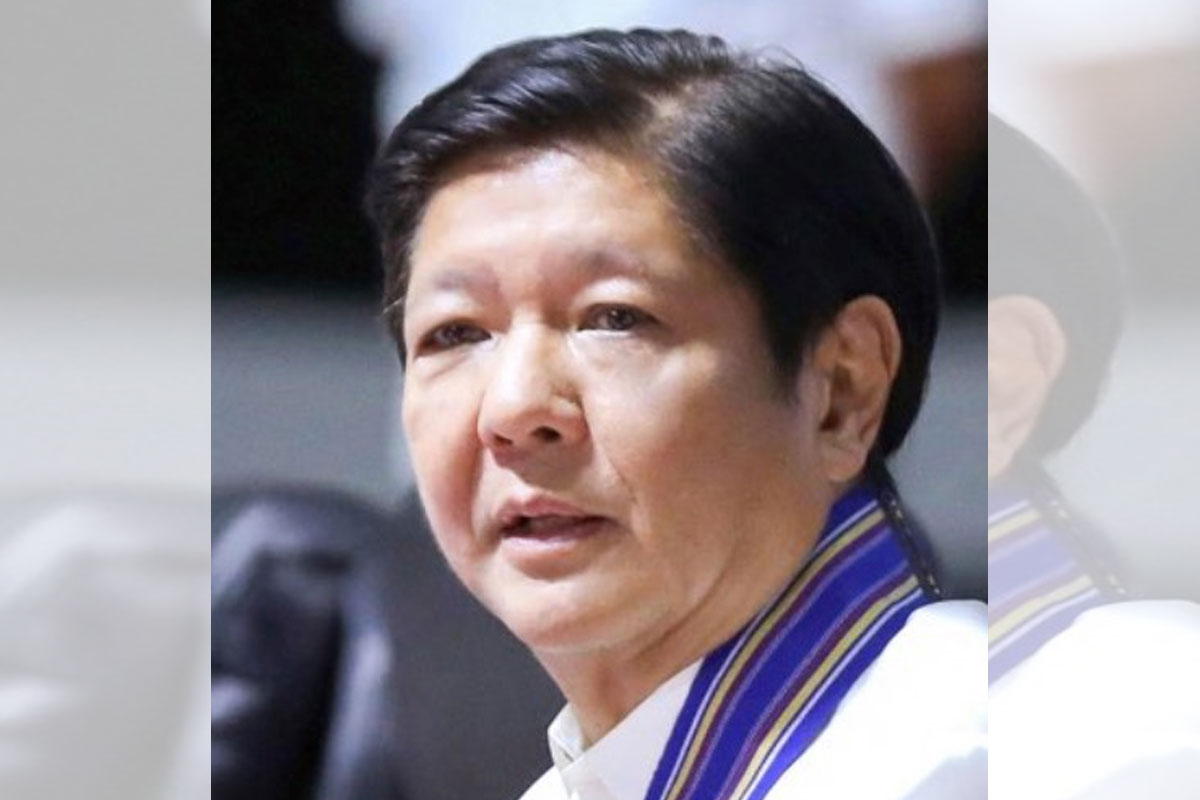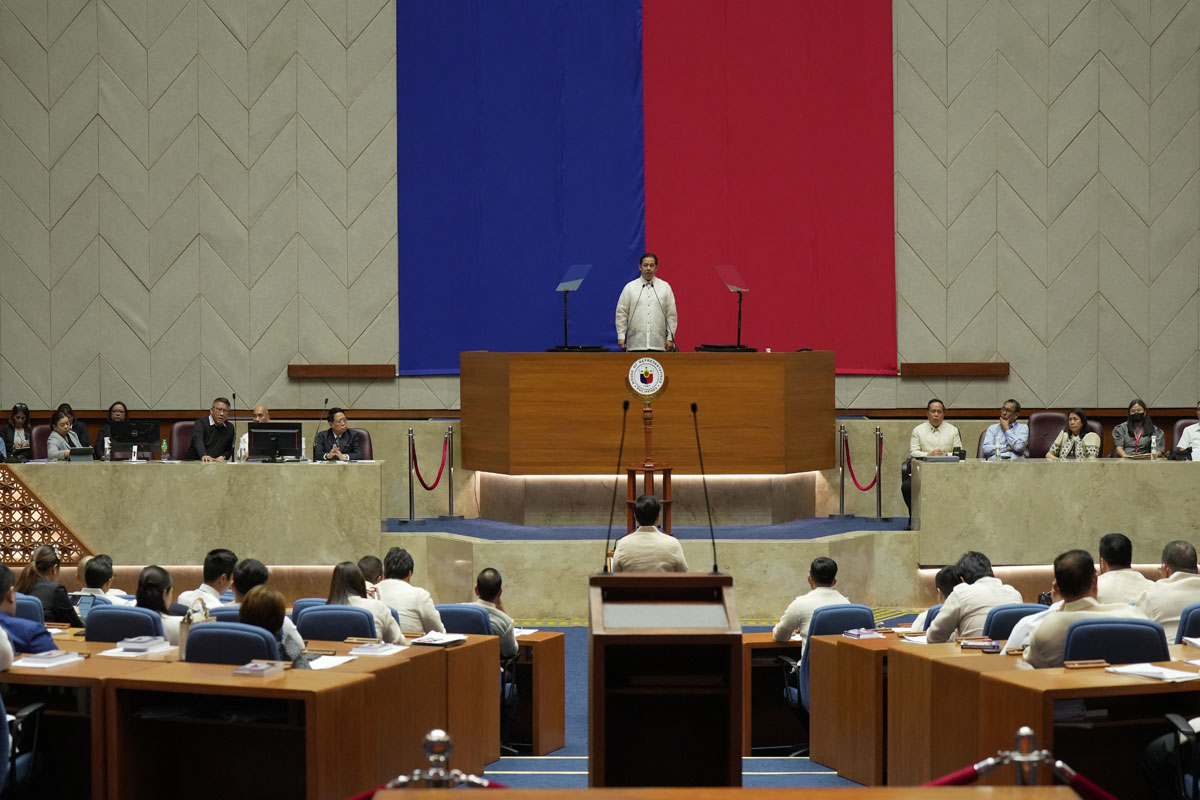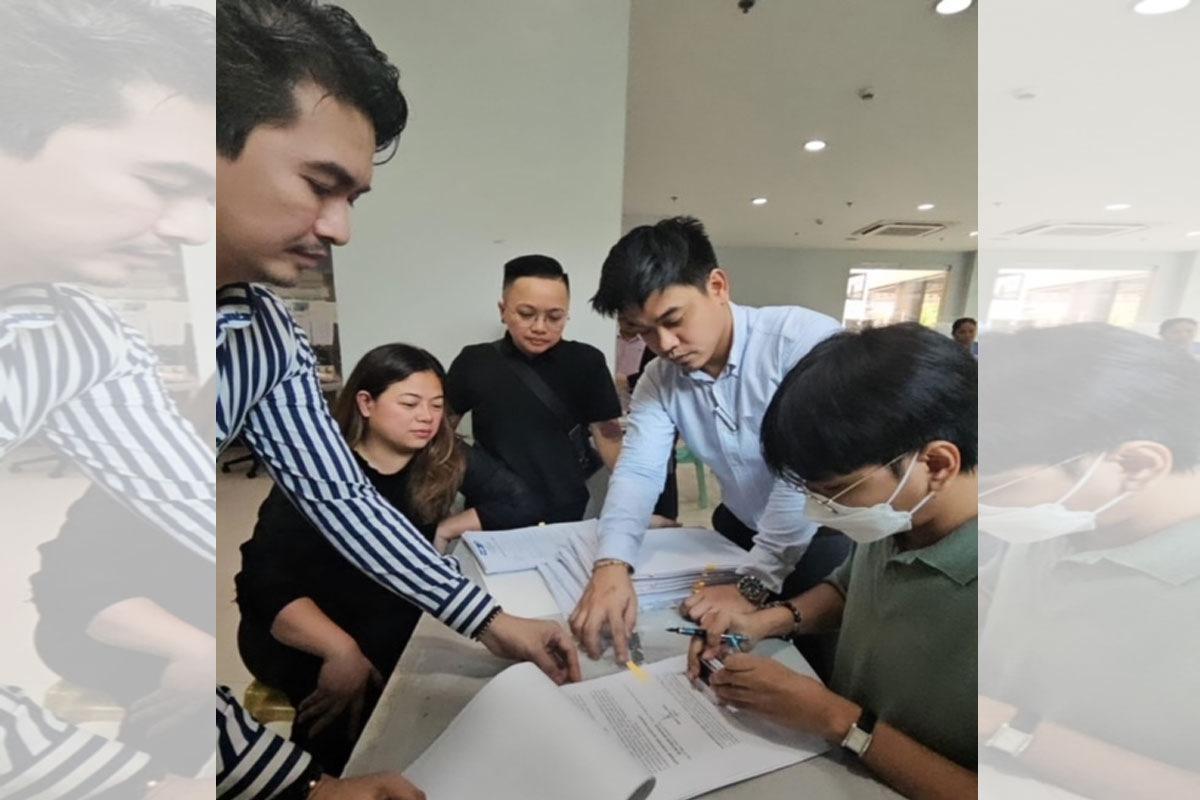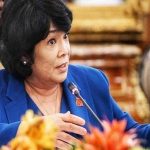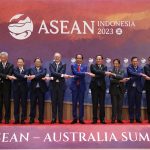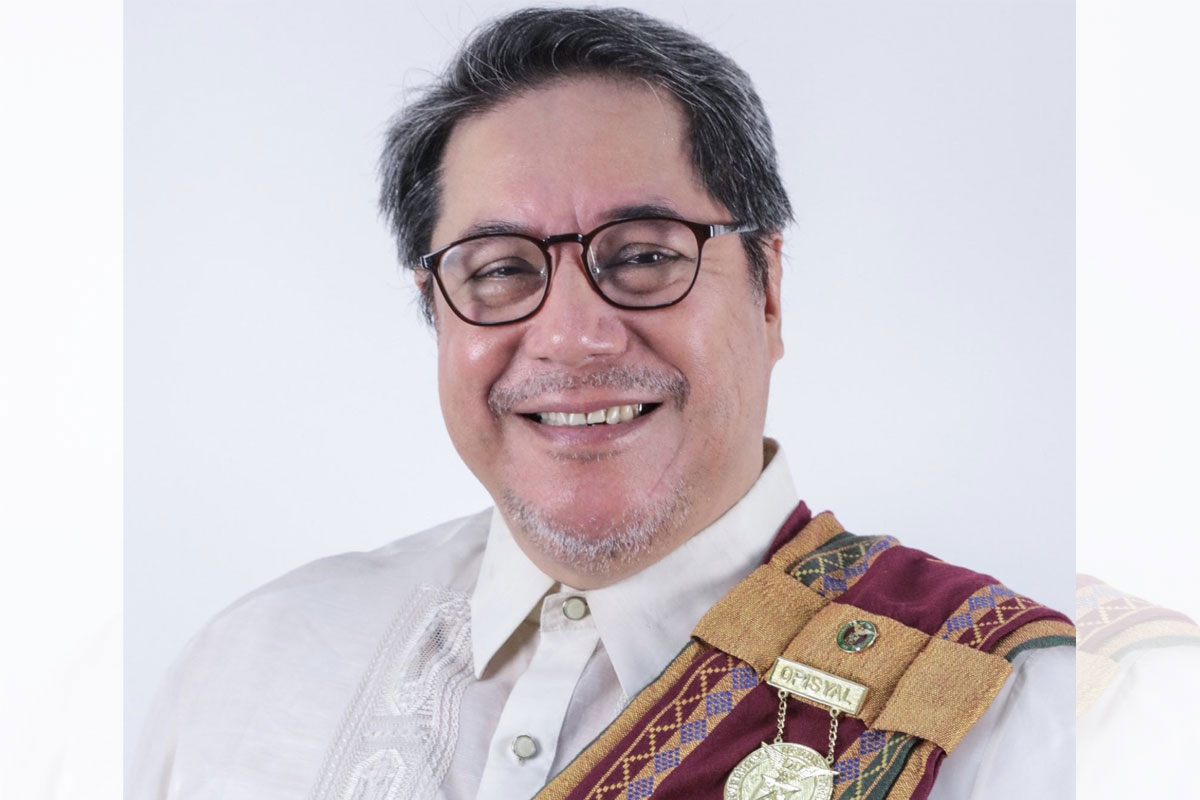
Lack of private sector participation in healthcare hit
A LAWMAKER has expressed deep concern over the alleged inability of the Department of Health (DoH) to secure private sector participation in critical healthcare initiatives primarily due to delayed payments to private hospitals and doctors.
“One of the reasons why we’re encountering difficulties in partnering with private hospitals is our inability to make timely payments,” House Deputy Minority Leader Bernadette Herrera said, pointing out that the government still owes private hospitals approximately P2.2 billion in allowances accrued during the pandemic.
The congresswoman’s remarks came in response to revelations made by Health Secretary Teodoro “Ted” Herbosa during Wednesday’s budget hearing in the House of Representatives.
Herbosa admitted that the DOH was facing difficulties in persuading private hospitals to engage in the Medical Assistance to Indigent Patients (MAIP) program.
The MAIP program, managed by the DOH, aims to provide financial support to indigent and impoverished patients seeking medical examinations, consultations, treatments and rehabilitation, including those admitted to government and private hospitals.
During the budget hearing, Herbosa disclosed, “Private hospitals don’t want to sign a MOA (memorandum of agreement with the DOH), especially in areas where there’s no public hospital.”
Herbosa added: “Some of [these hospitals] don’t want to accept letters of guarantee. There are also physicians who do not want to accept letters of guarantee.”
Herrera raised these concerns during an interpellation session with the DOH chief, particularly focusing on the MAIP program’s disbursement rate in 2022, which stood at a mere 63.8 percent.
This disbursement rate translates to unutilized funds amounting to a substantial P9.4 billion.
During her interpellation, she also emphasized the importance of ensuring that all government hospitals have an ample supply of medicines, especially given the availability of off-budget funds allocated for this purpose.
She raised the question, “In the Drugs and Medicines Revolving Fund, there is a balance of P5 billion. Can this fund be accessed to ensure a sufficient stock of medicines for our patients and constituents, considering the substantial balance?”
In the same budget hearing, Herrera successfully secured the commitment of top officials of the Philippine Health Insurance Corp. (PhilHealth) to look into and address numerous complaints from midwives regarding the non-receipt of their professional fees.
She raised during the hearing the issue of midwives, who provide crucial healthcare services to communities across the nation but have faced difficulties in receiving their due compensation from PhilHealth.
In response to Herrera’s concerns, PhilHealth President and CEO Emmanuel Ledesma Jr. and Executive Vice President and COO Eli Dino Santos pledged to promptly schedule a meeting with the affected midwives to address their specific concerns and grievances.









